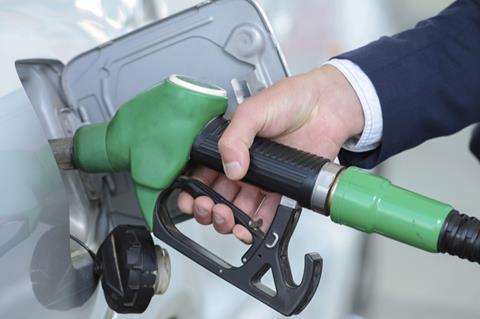
Despite 12.31ppl coming off the average price of petrol last month – the largest monthly drop on record – pump prices remain a long way off what the RAC believes are fair given current wholesale fuel costs.
But it has also praised enterprising independents who have been much more willing than supermarkets to cut their prices, and in some cases have undercut them, who “charge a fairer price for fuel and support their local communities”.
The latest RAC Fuel Watch data shows the average price of a litre of unleaded is now under 170p (169.8p) for the first time since May.
The price cuts made by retailers in August mean the average cost of filling a 55-litre fuel tank of a petrol car has dropped £6.77 in the month, from £100.16 at the start to £93.39 at the end.
But with the average weekly delivered wholesale price of petrol falling through the month to reach 124.08ppl last week, and allowing for a retailer margin of 10ppl, the RAC believes average forecourt petrol prices should actually be around 161ppl.
The last time the delivered wholesale price of petrol was at its current level was in late April, when retailers were charging on average around 162ppl.
Drivers of diesel vehicles saw 8.35p coming off the average price of a litre with the pump price ending August at 183.71ppl, a price the RAC considers is a fairer reflection of wholesale prices. This means it now costs £4.59 less to fill the fuel tank of a 55-litre car than it did a month ago, with costs down from £105.63 to £101.04.
The RAC’s analysis show that it continues to be the case that supermarkets, which have traditionally led on fuel prices, are not necessarily the cheapest places for drivers to fill up with unleaded, with enterprising independents in some locations choosing to undercut them and charge what it believes is a fairer price.
The biggest supermarkets were charging just 1.62ppl below the average price of petrol last month (168.18ppl), compared with the typical 3ppl. It also reports that supermarkets in some parts of the country appear to be charging much less for the same fuel than in other areas.
While the cost of oil – the biggest contributor to wholesale petrol and diesel prices – fell significantly in August, down $7.67 per barrel to end the month at $92.36, upward pressures are beginning to affect prices. OPEC+, which represents many of the biggest oil producing nations, may choose to cut production at a meeting next week. If it does, oil prices may begin to rise once again. Sterling also had its worst performance against the US dollar in August since October 2016, with a pound worth just $1.16 by the month’s end, which – as fuel is traded in dollars – makes it more expensive to purchase on the wholesale market.
Analysis by the RAC in August also revealed that the UK is one of the least generous countries when it comes to supporting drivers with high petrol and diesel prices.
It contrasted the UK with France, where the French government increased its discount on fuel to 30 cents from 15 cents on 1 September, which will result in pump prices under the equivalent of £1.50ppl.
RAC spokesperson Rod Dennis said: “Twelve pence a litre is a lot to come off prices in a single month so there’s no doubt things could be worse, but in reality drivers of petrol vehicles are still invariably getting a raw deal at the pumps. For whatever reason, major retailers are choosing not to pass on in full the reductions in the wholesale price of unleaded they’ve been benefiting from for some considerable time now – and this continues to mean drivers are often paying much more every time they fill up than they should.
“By the end of August wholesale prices were lower than they were at the start of the month, so even factoring in buying cycles there is a very strong case for the biggest sellers of fuel to cut their forecourt petrol prices further. Allowing for a generous 10ppl margin, we should be seeing the petrol sold for around 161ppl.
“Some big supermarket sites aren’t too far off charging this – but there’s a real postcode lottery out there with prices varying wildly depending on where a driver is in the country. Drivers must shop around for the best deal they can, and we applaud those independent retailers who are doing their best to charge a fairer price for fuel and support their local communities through this incredibly expensive time.
“There’s also no getting away from the fact that fuel can make up a huge chunk of a household’s monthly expenditure alongside energy costs. With many people heavily dependent on the car – whether that’s to transport children now new school terms are under way again, or to see friends and family in different parts of the country – drivers need all the help that they can get. We urge the incoming prime minister to heed our calls for more financial assistance for drivers, such as a deeper cut in fuel duty, and to look carefully at the much more generous packages of help being offered to those in other countries across Europe.”























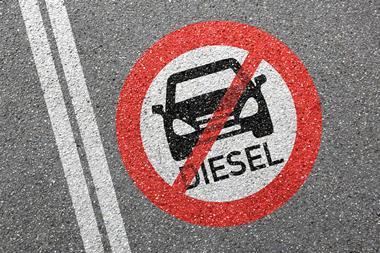
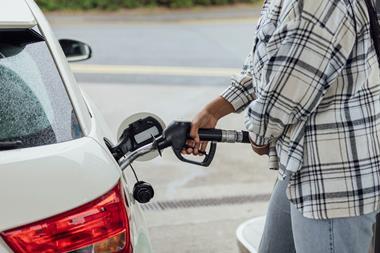
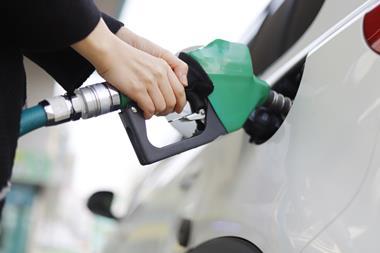
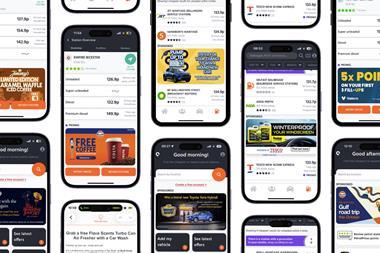






No comments yet